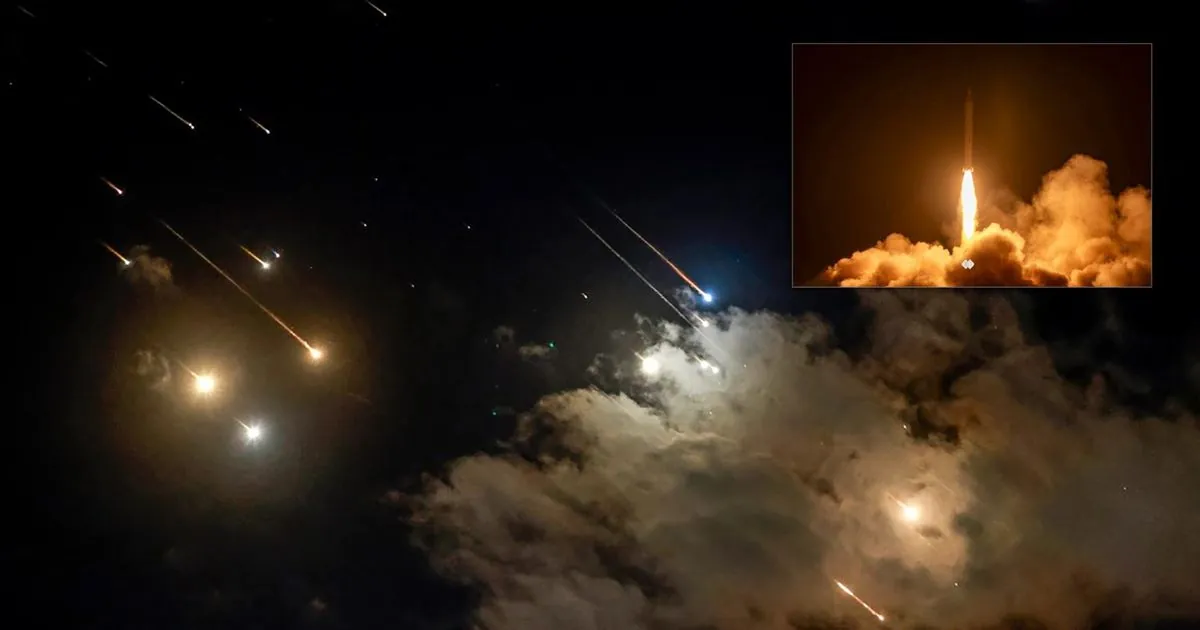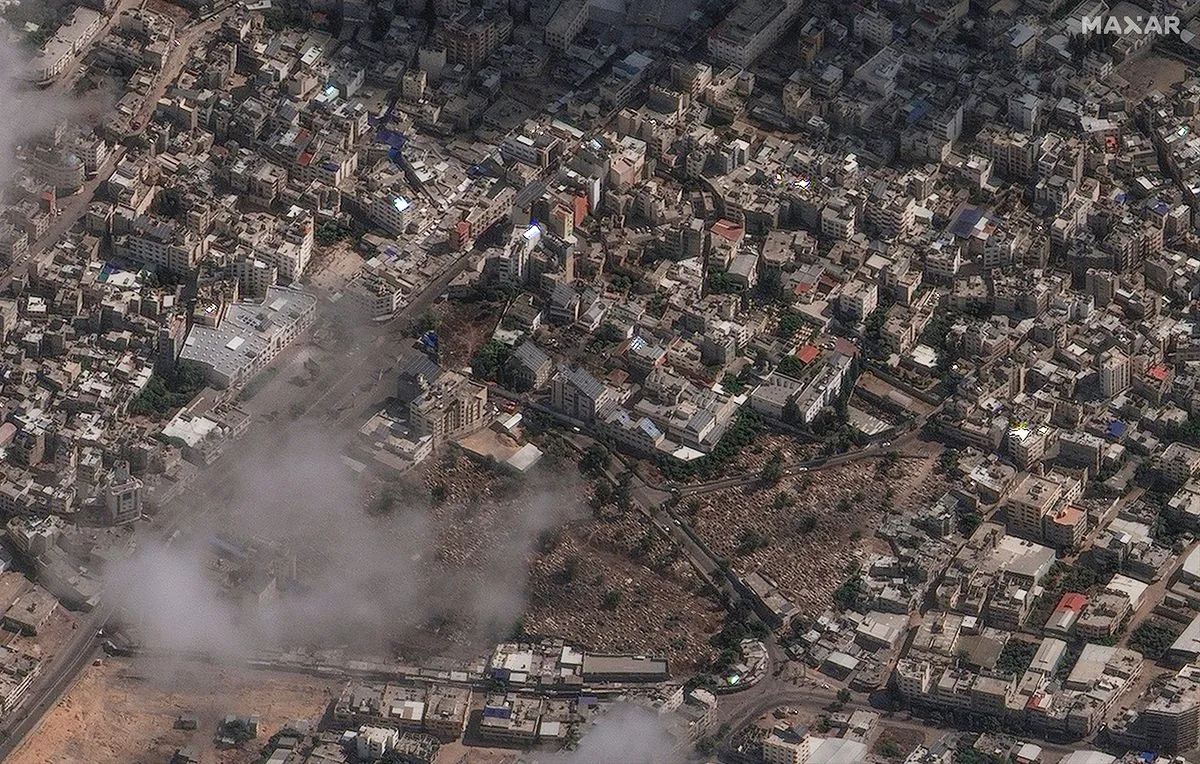Iran's Missile Strike on Israel: A Shift in Strategy and Escalation
Iran launched a more effective missile attack on Israel, using primarily ballistic missiles. The strike, a response to recent events, marks a potential turning point in regional tensions.

On October 1, 2024, Iran executed a missile strike against Israel, employing a different strategy compared to its previous attack in April 2024. This assault primarily utilized ballistic missiles, resulting in a more impactful offensive than its predecessor.
The attack forced several Middle Eastern countries to suspend air traffic, while in Israel, citizens sought shelter as air raid sirens blared. Unlike the April incident, where only two munitions breached Israeli defenses, this time multiple missiles struck Israeli territory. One missile impacted near an intelligence facility outside Tel Aviv, while another landed close to a school in Gedara, central Israel.

John Krzyzaniak, a researcher at the Wisconsin Project on Nuclear Arms Control, explained the increased effectiveness: "A greater volume of ballistic missiles coming at one time is going to be more likely to overwhelm the air defenses." The attack's success may be attributed to the shorter warning time and the use of faster munitions.
Iran also claimed to have deployed its "hypersonic" Fattah 1 missile for the first time. Hypersonic missiles can travel at speeds exceeding Mach 5, making them challenging to intercept. Fabian Hinz, an Iran analyst at the International Institute for Strategic Studies, cautioned against underestimating the potential damage of such attacks, noting that "200 ballistic missiles is a very large number."
The decision to launch this attack appears to have been influenced by internal political dynamics in Iran. The recent killings of Hasan Nasrallah, leader of Hezbollah, and Ismail Haniyeh, leader of Hamas, seemingly empowered Iranian hardliners who favored military action over "strategic patience."
"Let Netanyahu know that Iran is not a belligerent, but it stands firmly against any threat. This is only a fraction of our power. Do not enter into a conflict with Iran."
Gregory Brew, an Iran analyst at the Eurasia Group, suggested that Supreme Leader Ali Khamenei was compelled to act to maintain deterrence and credibility. However, Brew also noted that the attack revealed Iran's vulnerability to potential Israeli retaliation.
Iranian officials have framed the strike as a demonstration of power and a warning. Gen. Mohammad Bagheri, Iran's joint chief of staff, emphasized that while they chose not to target Israeli "economic and industrial infrastructure," such attacks were "completely possible" in the future.
The long-term implications of this attack remain uncertain. Paul Salem, head of the Middle East Institute, warned that significant retaliation from Israel could further diminish voices calling for restraint within Iran. As tensions escalate, the potential for a broader conflict in the region looms large.


































